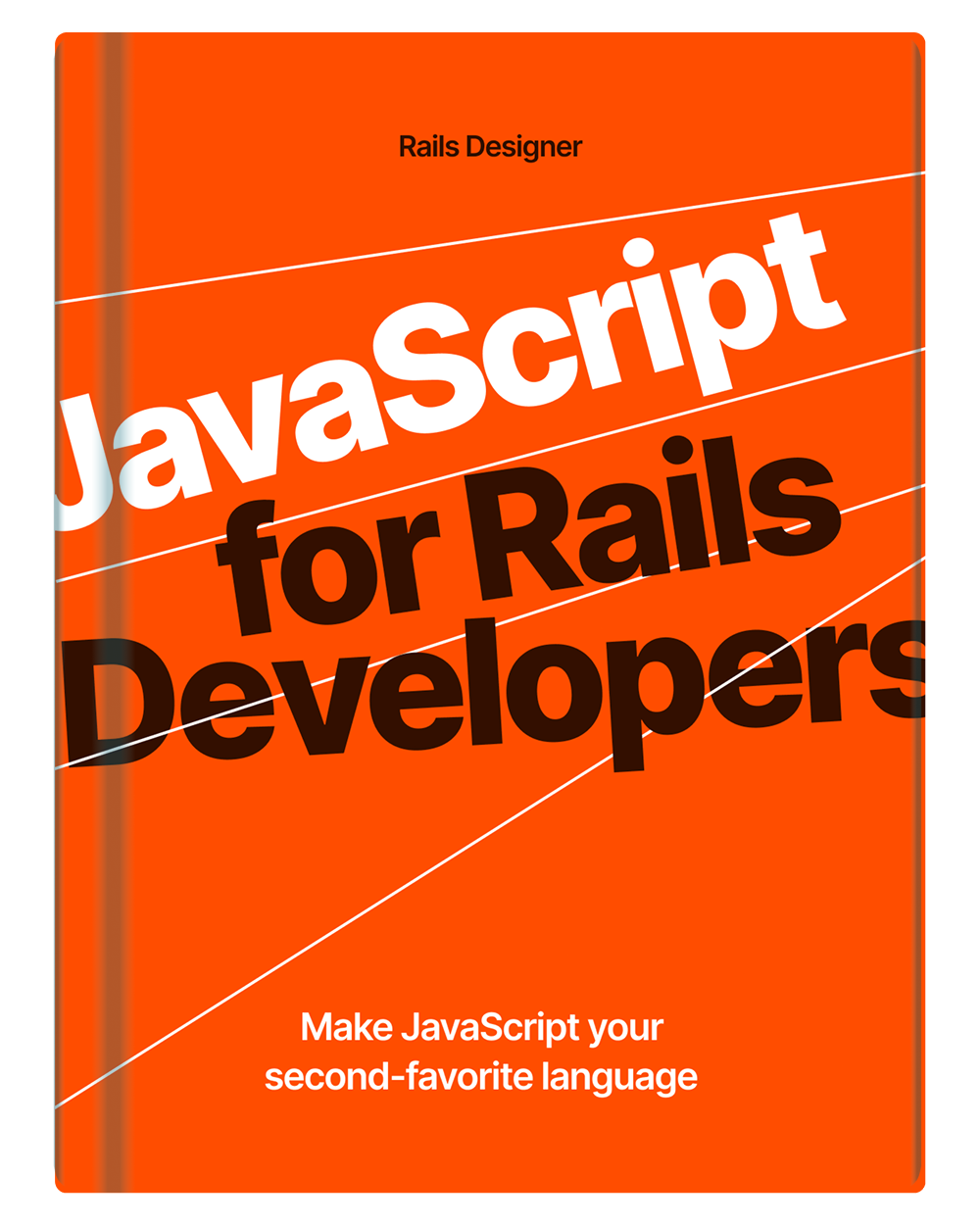Rails (or more precise ActiveSupport and ActionView) has some really great, quality-of-life helpers so that your code is cleaner. I want to highlight a few that I don’t see used often, but will be great to add to your tool set.
These will highlight only helpers that are focused on code for the view-layer. If you purchased Rails Designer you might recognize most of these. 💡
This will be a swift article, covering all helpers in rapid succession.
class_names
The one helper I use. All. The. Time. It’s actually an alias for token_list.
I wrote an entire article about this snippet—so do check that out—but in essence it works like this:
class_names("item", { active: item.for_sale?, "out-of-stock": item.out_of_stock? })
current_path?
This method is used to determine if a given path matches the current page URL. Useful in views for setting active CSS classes, like so:
link_to "Home", root_path, class: ("active" if current_page?(root_path))
link_to "About", about_path, class: ("active" if current_page?(about_path))
parameterize
parameterize is pretty well-known, but the fact it takes some arguments is lesser known:
"John Smith".parameterize(preserve_case: true) # => "John-Smith"
"John Smith".parameterize(separator: "_") # => "john_smith"
upcase_first
"employee salary".upcase_first # => "Employee salary"
downcase_first
"If I had read Alice in Wonderland".downcase_first # => "if I had read Alice in Wonderland"
camelize
camelize can take a :lower argument (the default is :upper).
"visual_effect".camelize(:lower) # => "visualEffect"
ordinalize
When you need to add an ordinal suffix to a number, you can use ordinalize. Like so:
"Rails Designer is the #{1.ordinalize} Rails UI Components Library." # => "Rails Designer is the 1st Rails UI Components Library."
safe_join
Rails safe_join is used to safely concatenate an array of strings, ensuring that each element is HTML escaped. You can use it instead of better known join.html_safe.
items = ["Home", "About", "Contact"]
navigation = items.map { |item| tag.li(link_to(item, "/#{item.downcase}")) } # => ["<li><a href=\"/home\">Home</a></li>", "<li><a href=\"/about\">About</a></li>", "<li><a href=\"/contact\">Contact</a></li>"]
safe_join(navigation)
excerpt
This one is not something you can use often, but it’s good to know about for those time you do. For example on search list page.
input = "Your team has been fantastic with their quick response times and thorough solutions. We've noticed an improvement in our operations due to your dedicated support."
excerpt(input, radius: 10)
# => ""...fantastic with their quick response times and...""
input = "The project has undergone several changes, and new deadlines have been set for the completion of each phase. The team needs to adjust accordingly to meet the revised goals."
excerpt(input, "deadline", radius: 20)
# => "...changes, and new deadlines have been set..."
inquiry
I learned about this method in this PR. It converts strings or arrays into objects that allow you to query for presence in a more readable way
"admin".inquiry.admin? # => true
["pending", "active"].inquiry.pending? # => true
NB: check out this article on writing tidier code with inquiry.
to_sentence
Most Rails devs are aware of to_sentence. But it accepts a few arguments that are really useful.
['apple', 'banana', 'pear'].to_sentence
# => "apple, banana, and pear"
['apple', 'banana', 'pear'].to_sentence(last_word_connector: ' or ', two_words_connector: ' and ')
# => "apple, banana or pear"
['apple', 'banana'].to_sentence(two_words_connector: ' and also ')
# => "apple and also banana"
['apple', 'banana', 'pear'].to_sentence(words_connector: '; ', last_word_connector: '; and finally, ')
# => "apple; banana; and finally, pear"
Do you know of any helper that is lesser known? Let me know!

